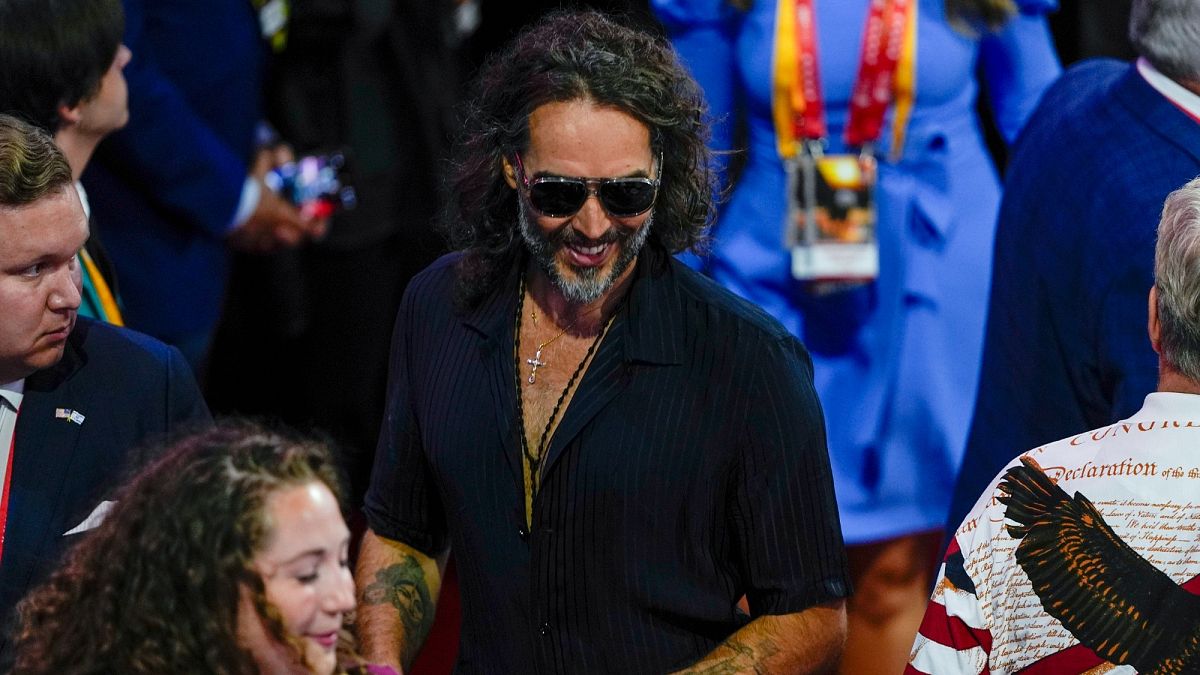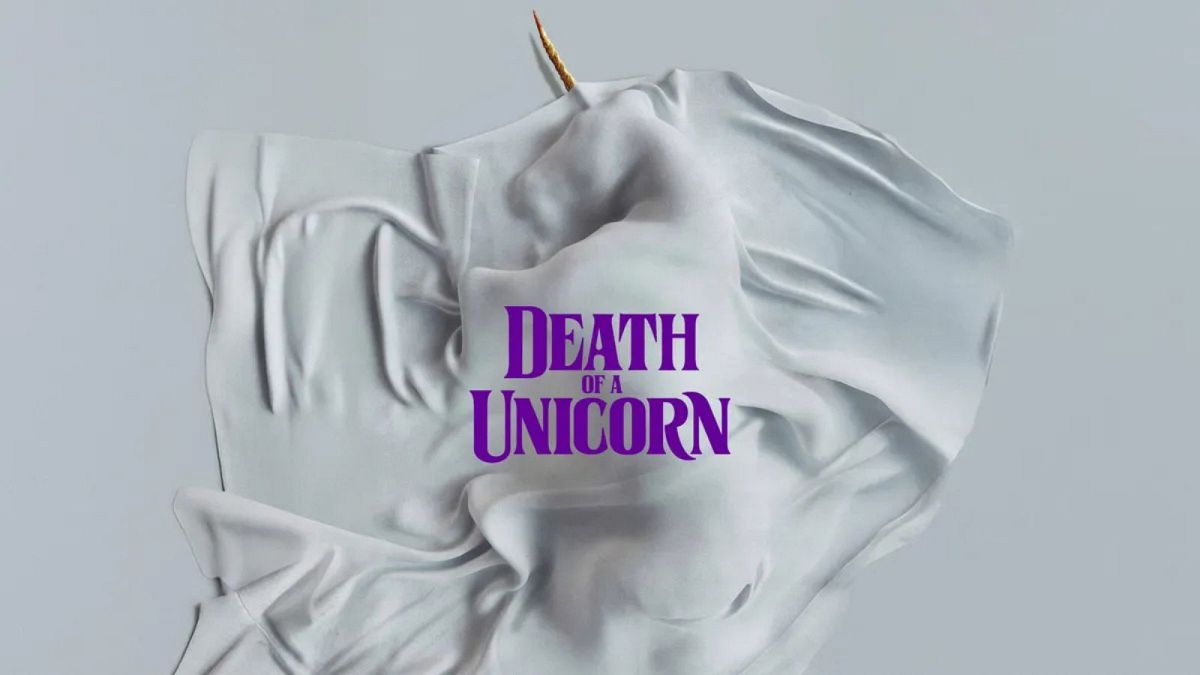Argued to be the greatest rapper of a generation, can Kendrick Lamar maintain that position with his new surprise release?
“Fuck a double entendre, I want y’all to feel this shit,” Kendrick Lamar raps on the opening song of his new album. If Lamar’s conceptual approach to hip-hop helped label him one of the generation’s greatest rappers, what kind of statement is he intending to make through the shock new release?
Releasing ‘GNX’ with little fanfare on Friday night, the music industry scrambled to catch up with the surprise new album from hip-hop’s most prominent figure. In many ways, this album is the victory lap for Lamar, who has asserted his dominance in 2024 through his highly publicised diss-track battle with Canadian rapper Drake and the announcement of his solo headline show at next year’s Super Bowl.
From the off, Lamar’s beef with Drake is front and centre of ‘GNX’. Although rarely mentioned directly, this is an album about him proving his status as one of rap’s GOATs, a statement that exists in direct relation with the Drake conflict. Over the heavy trap beat that pulses throughout the entire album like a bitter lethargic heartbeat, opener ‘wacced out murals’ has Lamar on angry form.
His back is up, he’s tired of defending himself against accusations, and he feels he’s proven himself all too many times already. Through oblique and clear references to rappers he has a grudge with – Lil Wayne and Snoop Dogg get direct shout-outs – the fundamental core of the track is still affirmative. “Know you a god even when they say you ain't” he spits on the chorus.
It’s followed by the most clearly delineated single from the album. ‘squabble up’ doubles down on the bassline as well as Lamar’s fighting instinct. As he says in LA slang, he’s ready to “squabble up” as to a chorus of support, a Debbie Deb sample and a G-funk aesthetic, Lamar makes it clear he’s not one to mess with.
‘squabble up’ was the first true indication of the album, with a short segment of it included in the music video for ‘Not Like Us’, Lamar’s most barbaric takedown of Drake with his overt accusations that the Canadian is a paedophile. It makes sense then that the song is the apotheosis of his frustrations.
As his shortest studio release and coming just two years after ‘Mr. Morale & the Big Steppers’ when Lamar is known for long periods between albums, ‘GNX’ can at first feel a bit reactionary to his industry-centric squabbling. It’s refreshing then that the tone changes for third track ‘luther’.
Suddenly, classical Spanish guitar and SZA’s delicate vocals infiltrate the abyssal fury of the previous songs. As SZA and Lamar’s vocals blend over sweet nothings as the pair evoke their intimate desire for each other. As Lamar wishes for a simpler, more peaceful and joyous time, the refrain of “if this world was mine” acts as an appendix, noting their relative powerlessness. It’s a suggestion that all this hyper-masculine anger is only a reaction to worldly circumstances.
That sentiment of constraint and reaction continues through to ‘man at the garden’, now juxtaposed with Lamar demanding that “I deserve it all” in regards to any of his desires, including the purchase of a 1987 Buick GNX car, the same model his father owned when he was born.
Lamar asks for basics: “A better life for my daughter / Made my son take it further than his father”, alongside a feeling of persecution that reaches a biblical scale; yet throughout he affirms that he deserves all he’s earnt. Ultimately he ends the track with another barb at Drake as he confirms his status as “the greatest of all time, motherfucker”.
This segues into ‘hey now’, which acts as another clarion call for Lamar’s own importance within the music industry. A thick beat from producer Mustard continues the atmosphere of dread but at this point, the near constant self-affirmation is starting to wear a little thin.
On mid-album track ‘reincarnated’, Lamar returns to what’s made him so celebrated. His ability to tell stories through high concept imagery. Here, he relates an out-of-body experience where he comes to the core of his alienation through thinking of who he was in potential previous lives.
“I don't know how to make friends, I'm a lonely soul” Lamar raps, before entering into fugue states as he relives the experiences of being blue musician John Lee Hooker and jazz singer Billie Holiday before his final reincarnation as himself, Kendrick Lamar.
It’s as himself that Lamar faces retribution from a divine presence, voiced by his reflection. His father asks to hear every good deed and what he’s done it for. It’s now that Lamar mentions both his charity work and the time he brought the LA rival gangs, the Bloods and the Crips on stage together through his Drake diss track ‘Not Like Us’, earlier this year.
Few would be surprised by Lamar’s pride in this last achievement given the focus on ‘GNX’ of his beef with Drake. What’s surprising is Lamar’s sudden self-criticism. “I'm tryna push peace in LA / ’But you love war’ / No, I don't / ‘Oh, yes, you do’,” Lamar argues with the divine. For the rest of the track, Lamar criticises himself for his lack of forgiveness, his pride and his ego. It ends with Lamar promising to use the gift of his music for more virtuous goals.
What’s disappointing is that this isn’t a turning point in the album’s theme. For the rest of the tracklisting, Lamar routinely comes back to his central theme of self-aggrandisation and ownership of the hip-hop industry, often in relation to Drake. ‘tv off’ has another Mustard beat which makes for the hardest hitting of the tracklist, it feels perfectly designed to be blasted out of a low-rider’s stereo while cruising through downtown.
Similarly, on ‘dodger blue’ and ‘peekaboo’, Lamar tells tales of his impact on the West Coast rap scene and puts down other rappers he considers below him. It’s not till ‘heart pt. 6’, that we get something more approaching humility as Lamar creates an ode to the musicians that Lamar has worked with, been inspired by and inspired. As the sixth entry in his ‘The Heart’ series, it could have been easily derailed by Drake’s own reactionary release ‘The Heart Part 6’ but thankfully, Lamar rises above it.
As the album wraps up, we finally get ‘gnx’ as Lamar and guest rappers Peysoh, Hitta J3 and YoungThreat are grandstanding once again about the influence of West Coast rap. Finally, SZA is the feature on closer ‘gloria’ which brings back Lamar’s romantic instinct in a sweet paean to his complex but loving relationship with writing as an outlet.
It’s what ‘GNX’ has been about all along. Writing is Lamar’s outlet and clearly he’s in an angry place. As a result, we have Lamar’s clearest most immediate album. There’s little ambiguity around the intense beats and his lyricism here. Stylistically, there’s much to like as Lamar has gone for the jugular. As a fan of Lamar when he’s deconstructing his life and America in general, this feels like a lesser work from the rapper. There’s nothing like the depth of introspection on ‘Mother I Sober’ or ‘u’ to be found here. On the other hand, he’s also not returned fully to the instant hip-hop classics of his ‘Good Kid, M.A.A.D City’ era. As the US enters a new era of tumultuous politics, there’s a gnawing feeling that this is a missed opportunity.
'GNX' by Kendrick Lamar is out now.

 4 months ago
49
4 months ago
49






 We deliver critical software at unparalleled value and speed to help your business thrive
We deliver critical software at unparalleled value and speed to help your business thrive






 English (US) ·
English (US) ·